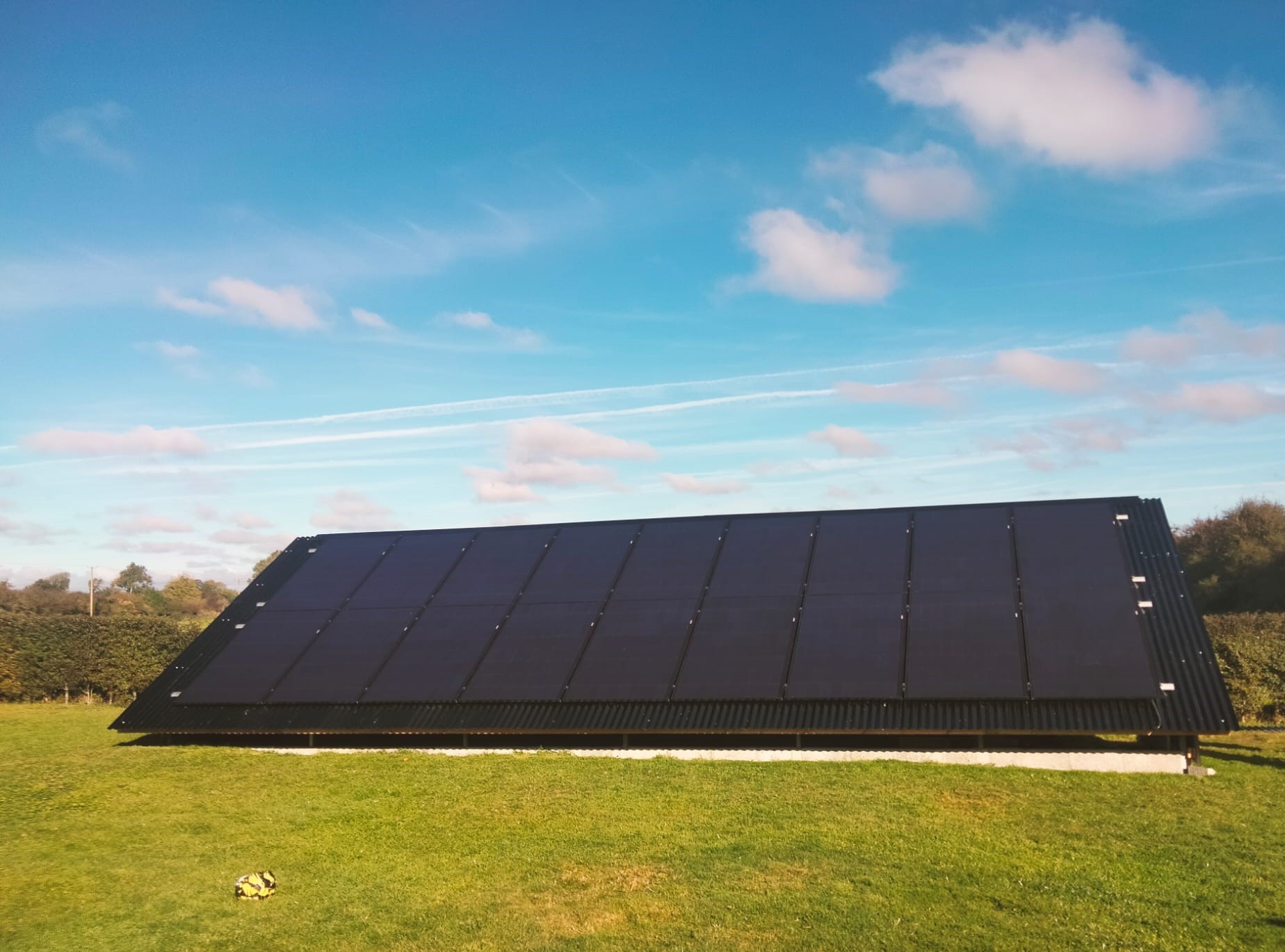
Solar generates savings on your electricity bill − irrespective of the COVID-19 crisis
According to an overview by REC Group analysts, with a relatively constant average electricity price of around 13 USD cents per kilowatt hour (kWh) some families in the U.S. have to pay around USD 100 on top for an entire month of working from home.2 Australia as well saw an increase in residential electricity demand, in Victoria e.g. by 14 per cent. Energy market experts are expecting a significant energy bill rise by AUD 200 a month for many households from June to August.3
Despite the lower overall energy demand, reduced electricity prices per kWh are also not being seen for homeowners in Germany. The average residential power prices rose in April to an all-time high of 30.23 EUR cent/kWh,4 which could together with additional electricity costs incurred through the home office amount to an increase of 33% per month for an average household of three persons.5 Hence, with dramatically increasing power bills for homeowners in many countries, solar energy can help relief this strain.
A key driver for the growing adoption of solar power is its rapidly decreasing generation cost. In the last decade alone, the Levelized Cost of Electricity (LCOE) of utility scale PV has declined by an impressive 80%6 to a current possible price of around 4 USD cents per kWh.7 In Chile, UAE, Australia and China, where some of the cheapest PV projects received financing in the past years, generation costs of already 2.3-2.9 USD cents per kWh are possible.8 Current projections suggest that by 2030-35 generation costs for utility solar will go even further down to 1 to 2 USD cents per kWh in rather sunny locations. This means that building new solar power plants would be routinely cheaper than operating already-built fossil fuel plants.9 Although competing with low gas, coal and oil prices is temporarily more difficult for renewables due to the health crisis, the mid- to long-term economics are right for solar energy on an international level.
Despite the bright outlook for solar PV purely because of the right economics, various governments have introduced stimulus and incentive schemes, which additionally allows homeowners to benefit via power from the sun. Detailed overviews on various support schemes from governments can be found on REC’s COVID-19 Info Hub here. Furthermore, actual interest rates are near zero in most cases as governments try to stave off economic declines with 2008-style measures, further lowering the generation costs of solar PV.
In the long run, innovative solar technology is essential to continue to bring down solar energy generation costs. With further developing groundbreaking solar technology, REC Group will continue to not only increase cell efficiencies but also decrease costs per kWh for end users. The latest example for the pioneering spirit of REC Group is the REC Alpha Series. With around 20% more power output than conventional 320 Wp solar panels, the new Alpha brings also higher savings for consumers on their energy bill. Moreover, REC Alpha offers one of the leading industry warranties at 92% nameplate power after 25 years. This translates into larger financial savings on energy bills now and in the future and thus more economic security. Some calculation examples demonstrating REC Alpha’s financial advantages can be found in an infographic here.
For further information please contact:
Agnieszka Schulze
Head of Global PR, REC Group
Tel.: +49 89 4 42 38 59 39
E-mail: agnieszka.schulze@recgroup.com
REC Solar EMEA GmbH
Leopoldstraße 175
80804 Munich, Germany
Managing Director: Cemil Seber
Court of Registration: Munich HRB 180306
VAT ID-No: DE266243545
About REC Group:
REC Group is an international pioneering solar energy company dedicated to empowering consumers with clean, affordable solar power in order to facilitate global energy transitions. Committed to quality and innovation, REC offers photovoltaic modules with leading high quality, backed by an exceptional low warranty claims rate of less than 100ppm. Founded in Norway in 1996, REC employs 2,000 people and has an annual solar panel capacity of 1.8 GW. With over 10 GW installed worldwide, REC is empowering more than 16 million people with clean solar energy. REC Group is a Bluestar Elkem company with headquarters in Norway, operational headquarters in Singapore, and regional bases in North America, Europe, and Asia-Pacific.
1 https://www.iea.org/commentaries/the-coronavirus-crisis-reminds-us-that-electricity-is-more-indispensable-than-ever
2 https://qz.com/work/1825934/how-working-from-home-impacts-your-energy-use/
https://www.bls.gov/regions/midwest/data/averageenergyprices_selectedareas_table.htm
3 https://www.energynetworks.com.au/news/energy-insider/2020-energy-insider/commercial-down-v-residential-up-covid-19s-electricity-impact/
https://www.abc.net.au/news/2020-04-11/coronavirus-lockdown-driving-up-electricity-costs/12137488
4 Verivox Analysis: https://www.tagesschau.de/wirtschaft/boerse/strompreis-107.html
5 https://www.industr.com/de/stromfresser-homeoffice-2475652
6 Lazard Estimates
7 BNEF 1H 2020 Solar LCOEs; example for PV tracking utility scale
https://rameznaam.com/2020/05/14/solars-future-is-insanely-cheap-2020/
8 https://about.bnef.com/blog/scale-up-of-solar-and-wind-puts-existing-coal-gas-at-risk/
9 https://rameznaam.com/2020/05/14/solars-future-is-insanely-cheap-2020/

